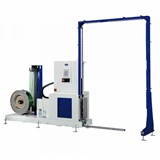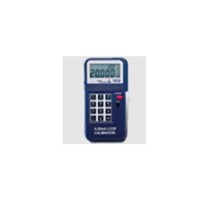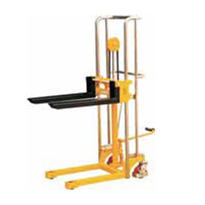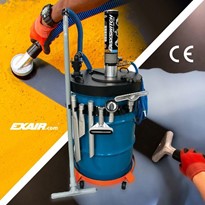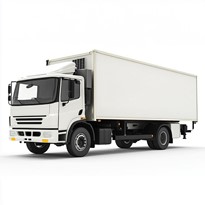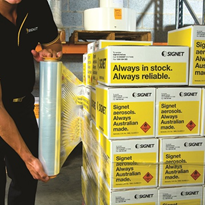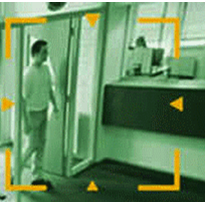Deciding which machine to hire or buy can be difficult, especially for someone new to forklift operations.
While both machines have pros and cons, it’s important to note that determining which machine is ideal for your business will largely depend on your circumstances. To provide some insight, we’ve identified the main differences between forklifts and pallet jacks.
What is the difference between a forklift and a pallet jack?
Both machines are designed to help an operator lift and transport inventory efficiently. However, forklifts are much larger in scale when compared to pallet jacks and are designed to take on larger projects. A pallet jack is a much smaller piece of equipment and is predominantly used for moving lighter loads throughout a warehouse space. On the other hand, forklifts can lift heavy loads and reach greater heights. Despite their differences, both machines come with their specific advantages and disadvantages.
What are the pros and cons of forklifts vs pallet jacks?
Forklifts
Pros
Lift heavier loads – Larger in size, forklifts are heavy-duty and capable of transporting heavier loads, which means the operator can transport more inventory quickly.
Maximise your warehouse space – Compared to pallet jacks, forklifts can reach a greater lift height, which means you can store heavier loads at greater heights and maximise your storage space.
Greater power & capabilities – Forklifts are more powerful than pallet jacks and can be relied upon to handle a range of heavy lifting operations.
Versatility – Many forklifts can handle both inside and outdoor operations, which means they are ideal for diverse workplace situations.
Cons
Need more storage space – As forklifts are larger pieces of equipment, they require more storage space, which might not be ideal for small warehouses.
Higher maintenance demands – Forklifts require more maintenance to keep them in top condition. As a general rule, forklifts need to have a thorough service every six months, however regular maintenance, including daily checks, is essential to keeping the forklift functioning as efficiently as possible.
Costs – Forklifts require ongoing maintenance and servicing, which generally comes at a greater cost when compared to pallet jacks.
Pallet Jacks
Pros
Efficiency – For workplaces that have limited aisle room, pallet jacks can be used to load and unload to and from pallet racking in an efficient approach
Cost-effective – For businesses that transport predominantly lightweight materials, pallet jacks are a more cost-effective alternative when compared to forklifts.
Maneuverability – Small and nimble, pallet jacks are able to operate and turn around in confined spaces, making them perfect for warehouses with narrow aisles.
Improved workflow- As pallet jacks charge quicker than forklifts, they are less likely to cause disruption to your workflow.
Cons
Environmental limitations – Pallet jacks can only be operated on smooth, concrete surfaces, meaning they are not suitable for a range of different workplaces.
Limited lifting power – Pallet jacks can only lift loads a few centimetres above the ground, limiting the operator from stacking inventory at greater heights.
Load restrictions – Pallet jacks are more restrictive in terms of the weight they can handle, making them only suitable for lifting lighter loads.
Which one is ideal for your business?
When determining which forklift is best for your business, it’s important to request a site assessment from an expert forklift operator. By assessing each aspect of your workplace, our team of professionals can make expert recommendations based on our thorough understanding of your current and future requirements.






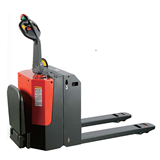
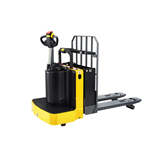


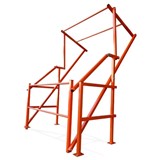
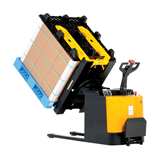
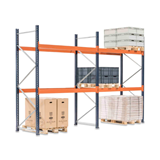




-160x160-state_article-rel-cat.png)


